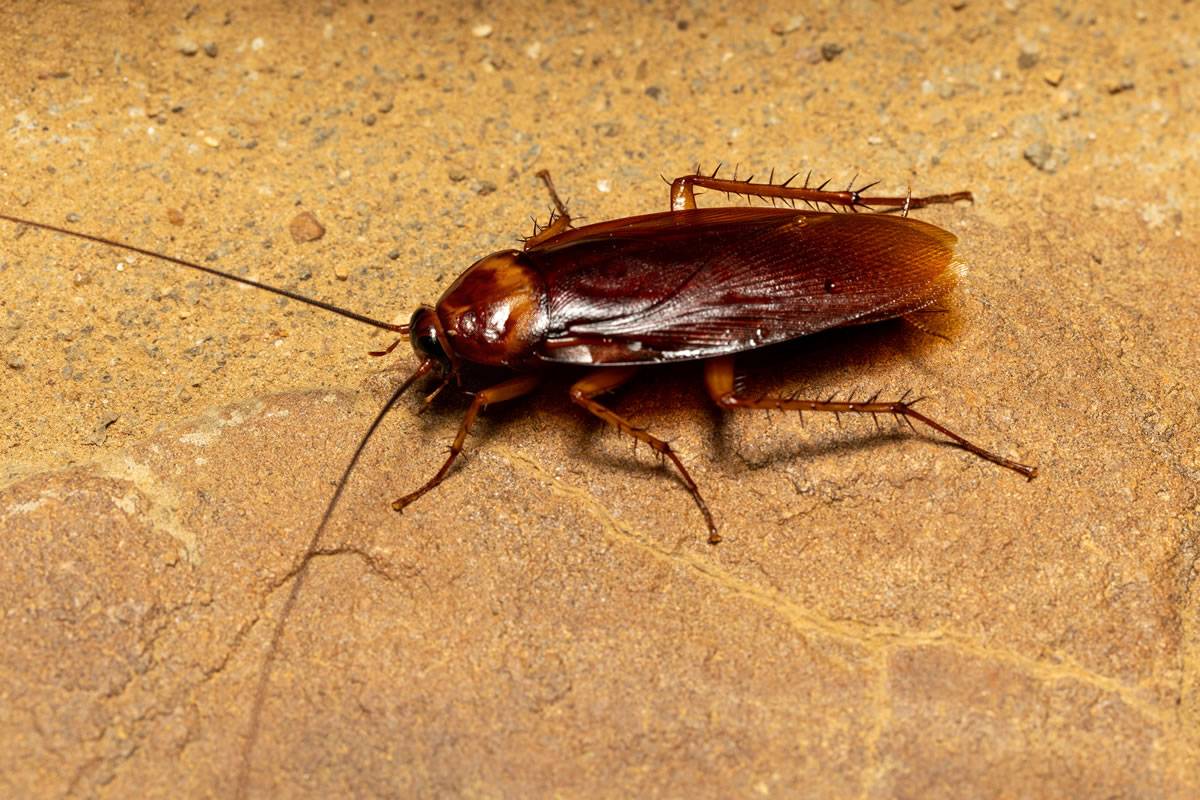Experts warn of a surge in cockroach infestations this summer
- 18-06-2024
- National
- Canarian Weekly
- Photo Credit: Stock Image
The National Association of Environmental Health Companies (ANECPLA) has issued a warning about a surge in cockroach infestations across Spain, including the Canary Islands, this summer. Experts predict that controlling these pests will be more challenging than in previous years due to changing climate conditions.
According to ANECPLA, high humidity levels combined with temperatures exceeding 28°C, create an ideal environment for cockroaches to thrive. Scientific studies indicate that these insects flourish in such warm and humid conditions, which persist from mid-spring to late autumn, facilitating their proliferation.
“Cockroaches, like other insects, depend on the environment to regulate their temperature and thrive best when conditions are favourable,” explained ANECPLA expert Galván.
Extended Breeding Season and Increased Resistance:
Adding to the concern, the breeding season for cockroaches has been extended. Recent genetic mutations have made these pests more resistant to commonly used biocides, complicating control efforts. This increased resistance has had a counterproductive effect, accelerating the spread of cockroaches.
Public Health and Safety:
ANECPLA emphasises the importance of taking proactive measures to manage cockroach populations. These pests are not only a nuisance but also pose significant health risks, as they can spread diseases and contaminate food sources.
To mitigate the risk of infestation, ANECPLA recommends maintaining high standards of cleanliness, sealing entry points, and using professional pest control services if necessary.
Early intervention and consistent efforts are key to keeping these resilient pests at bay during the peak summer months.
Other articles that may interest you...
Trending
Most Read Articles
Featured Videos
TributoFest: Michael Buble promo 14.02.2026
- 30-01-2026
TEAs 2025 Highlights
- 17-11-2025



























































